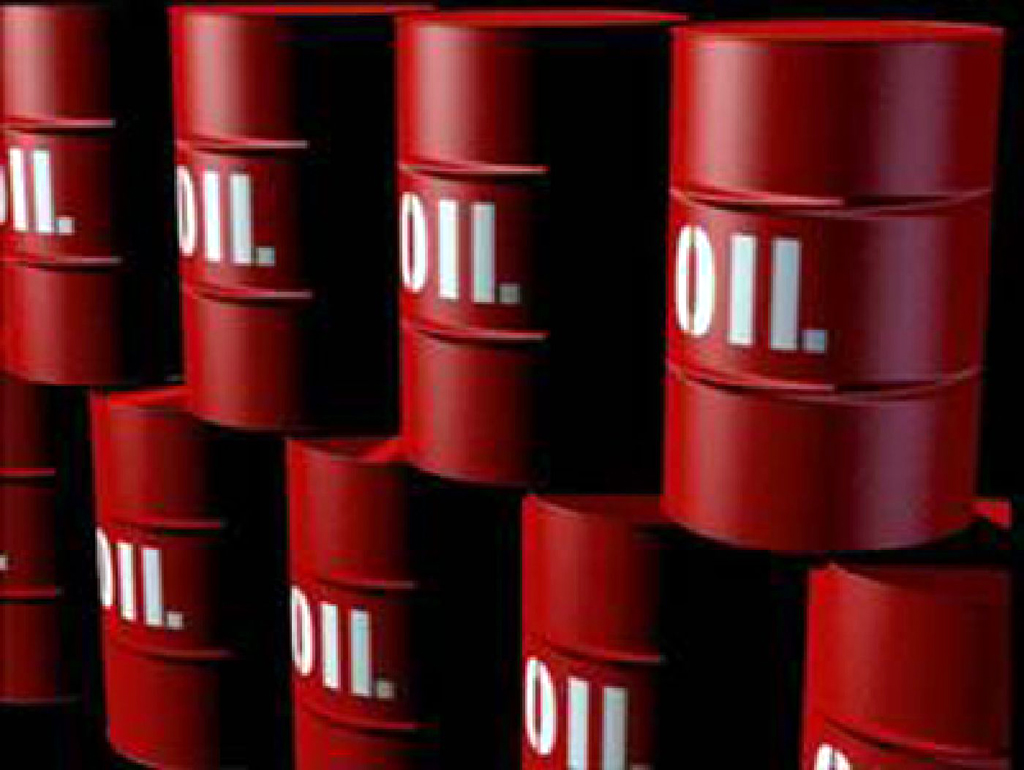Oil market likely to rebalance early 2019: OPEC ministers

KUWAIT CITY: Oil ministers from leading OPEC nations said Sunday they expect prices will arrest their recent slide and rebalance early next year, when a deal on new production cuts takes effect.
Oil prices have shed more than 36 percent since early October to trade at $54 (47 euros) per barrel, due to fears of oversupply and weak global demand.
But president of OPEC and UAE Energy Minister Suhail al-Mazrouei said that the surplus in the oil market was small compared to 2017 and expected it to vanish in one or two months.
"Based on available figures, we have around 26 million barrels of surplus ... compared to 340 million barrels in early 2017," Mazrouei told a press conference in Kuwait City.
"I think that we can easily do with this surplus and reach market rebalance in one or two months... in the first quarter of next year," he said.
OPEC -- a cartel of producer countries that has long manipulated output of the commodity, to influence global prices in members' favour - and non-OPEC members agreed in early December to trim production by 1.2 million barrels a day from January 1, in a bid to shore up sagging prices.
Mazrouei said that there has been higher than anticipated supply on the market in recent months, as US sanctions on Iran have had a less pronounced effect on the country's oil exports than had been expected.
Iraq's Oil Minister Thamer al-Ghadhban said that there is a consensus among OPEC and non-OPEC producers to comply with the new agreement to trim output in a bid to stabilise the market.
He said the new agreement is valid for six months and the ministers will meet in April to assess the impact of the cuts.
Ghadhban said he believes that the new measures taken by producers will "stop the slide in oil prices."
Mazrouei said that producers are ready to renew the agreement or increase cuts in case the market does not balance.
"If the production cuts of 1.2 million barrels a day is not enough, we will meet again to see what is enough and apply it," he said.
During their meeting next April, the producers are also expected to sign a long-term agreement to formalise cooperation between OPEC and non-OPEC members over oil output.
OPEC has lately been cooperating closely with Russia and other non-cartel producers, in a bid to impose greater control over global output and prices.




















Comments
Comments are closed.